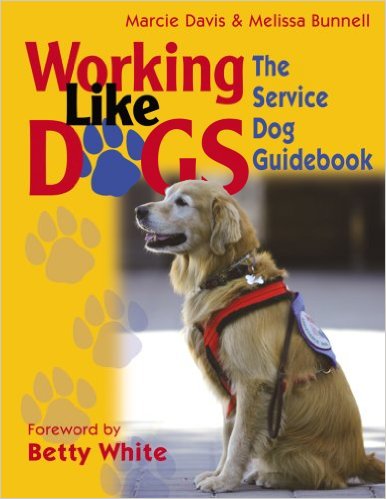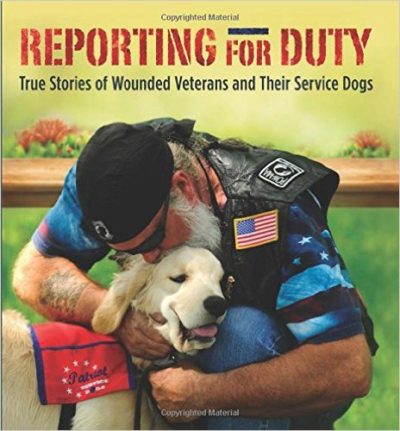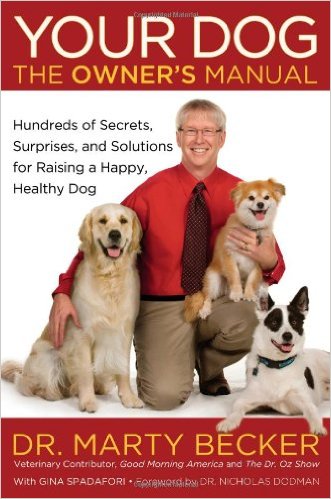
I have had a service dog for over 16 years and last week was my first experience with kennel cough. Whistle and I have to go through our recertification process. And, a part of that process is updating his medical records and ensuring he has all of his required vaccines. One of those vaccines was bordetella to combat kennel cough. So about three weeks ago, our vet gave Whistle his bordetella vaccination.
Last week as Whistle and I were braving the holiday crowds to begin our Christmas shopping, he began to have a dry cough. The night before he had been devouring one of his favorite toys and I thought perhaps he had swallowed a small piece of the toy and he was trying to expel it.
However, the cough persisted throughout the day. By midnight, Whistle woke Franz and me up from a deep sleep. His cough was much worse and we felt compelled to take him to the emergency vet to get a professional opinion. When we entered the emergency vet facility he coughed. The receptionist immediately said, “He has kennel cough” and told us it was highly contagious. The emergency vet listened to his cough and officially diagnosed it as kennel cough. Instead of putting him on antibiotics he prescribed a cough suppressant. He said that because he was healthy and the antibiotics would not start working immediately, his immune system could handle the respiratory infection. If not, we were instructed to take him to our regular vet or to come back to the emergency vet.
He also recommended letting Whistle take it easy for a couple of days until the cough subsided. The vet told us that kennel cough symptoms include a dry cough and tracheal irritation that lasts anywhere from 7-10 days and fortunately, a dog’s general state of health and happiness is unaffected. Whistle did not show any other symptoms of being sick other than the persistent, dry cough. And, I am happy to say that after a few days of cough suppressant and some rest and relaxation, he seems to be recovering.
This does bring up the bigger issue of vaccination. Many people have varying feelings about the benefits and risks of vaccinations. Most communities have laws regarding vaccination requirements for domestic animals. For service dogs and other working dogs that require public access, vaccines are not voluntary. If I want to travel domestically and/or internationally with Whistle, I have to fulfill the International Health Certificate requirements, public access requirements and any additional requirements of my service dog agency.
I feel terrible that the vaccine gave Whistle kennel cough but that sure seems to be the case. I have witnessed the pros and cons of vaccines and I have always struggled with the dilemma of whether or not to vaccinate my service animals. I always relent because I need them to have full public access and I need him to be able to travel both domestically and internationally with me. I would love to hear from other service and working dog partners about your vaccination philosophies and experiences.





